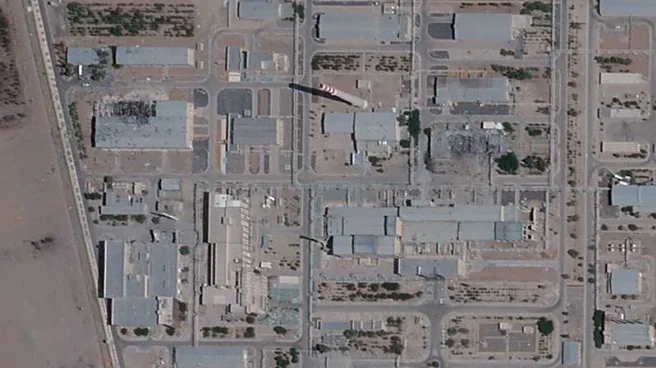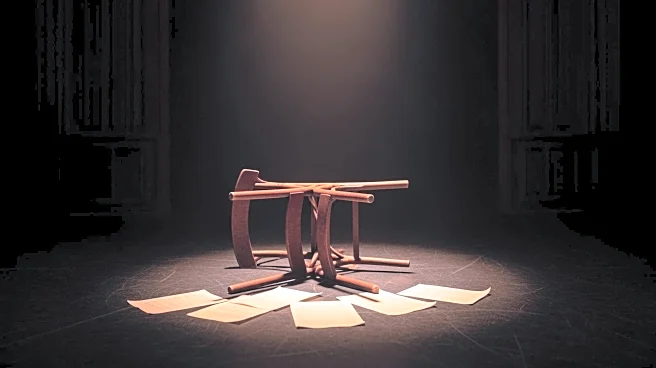By John Irish, Parisa Hafezi and Michelle Nichols
PARIS/UNITED NATIONS (Reuters) -Britain, France and Germany will begin the process of reimposing U.N. sanctions on Iran at the U.N. Security Council on Thursday,
two European diplomats said.
The trio, known as the E3, met Iran on Tuesday to try to revive diplomacy over the nuclear programme before they lose the ability in mid-October to restore sanctions on Tehran that were lifted under a 2015 nuclear accord with world powers.
Those talks did not yield sufficiently tangible commitments from Iran. The E3 have now decided to trigger the so-called snapback of U.N. sanctions over accusations that Iran has violated the 2015 deal that aimed to prevent Tehran from developing a nuclear weapon, the diplomats said.
The E3, whose ministers informed U.S. Secretary of State Marco Rubio of their decision on Wednesday, will transfer a letter to the U.N. Security Council later on Thursday.
They hope the move will push Tehran to provide commitments over its nuclear programme within 30 days that will convince them to defer concrete action.
Iran has previously warned of a "harsh response" if sanctions are reinstated. Talks between the E3 and Iran are tense as Tehran is furious at the bombing in June of its nuclear facilities by the U.S. and Israel.
The U.N process takes 30 days before sanctions that would cover Iran's financial, banking, hydrocarbons and defence sectors are restored.
The E3 had offered to delay the snapback for as much as six months to enable serious negotiations if Iran resumes full U.N. inspections - which would also seek to account for Iran's large stock of enriched uranium that has not been verified since the June strikes - and engages in talks with the United States.
Iran's Deputy Foreign Minister Kazem Gharibabadi told state television on Wednesday night that if snapback was triggered, interaction with the International Atomic Energy Agency would be "completely affected and halted."
"We have told the E3 that if this happens, Europe will, in effect, remove itself from the diplomatic arena and dialogue with Iran," he said, adding that Iran would then only hold discussions within a U.N. Security Council framework.
Iran has been enriching uranium to up to 60% fissile purity, a short step from the roughly 90% of weapons-grade, and had enough material enriched to that level, if refined further, for six nuclear weapons, before the strikes by Israel started on June 13, according to the IAEA.
Actually producing a weapon would take more time, however, and the IAEA has said that while it cannot guarantee Tehran's nuclear programme is entirely peaceful, it has no credible indication of a coordinated weapons project.
The West says the advancement of Iran's nuclear programme goes beyond civilian needs, while Tehran denies it is seeking nuclear weapons.
(Additional reporting by Francois Murphy in Vienna and Alexander Ratz in Berlin; Editing by Ros Russell)









